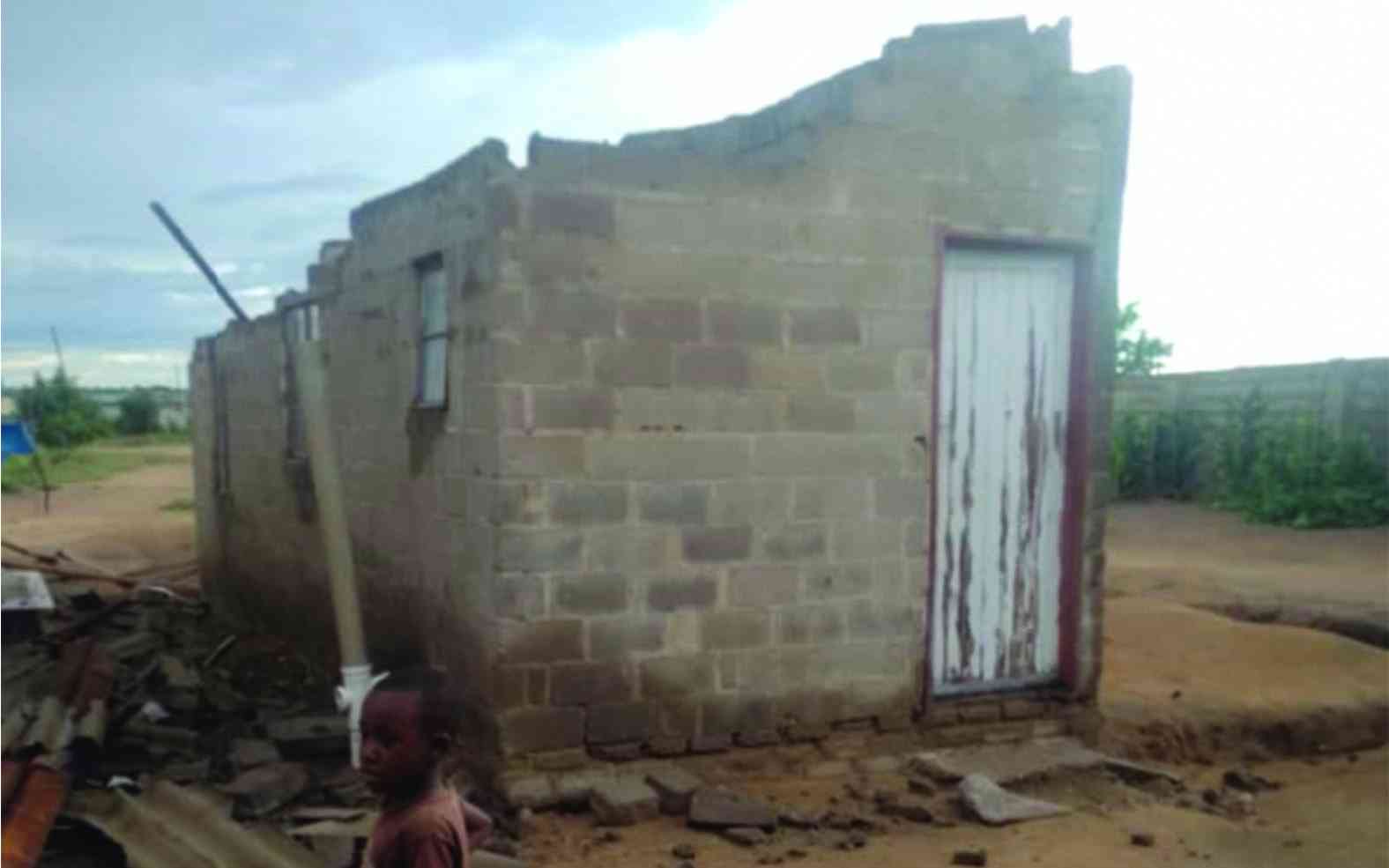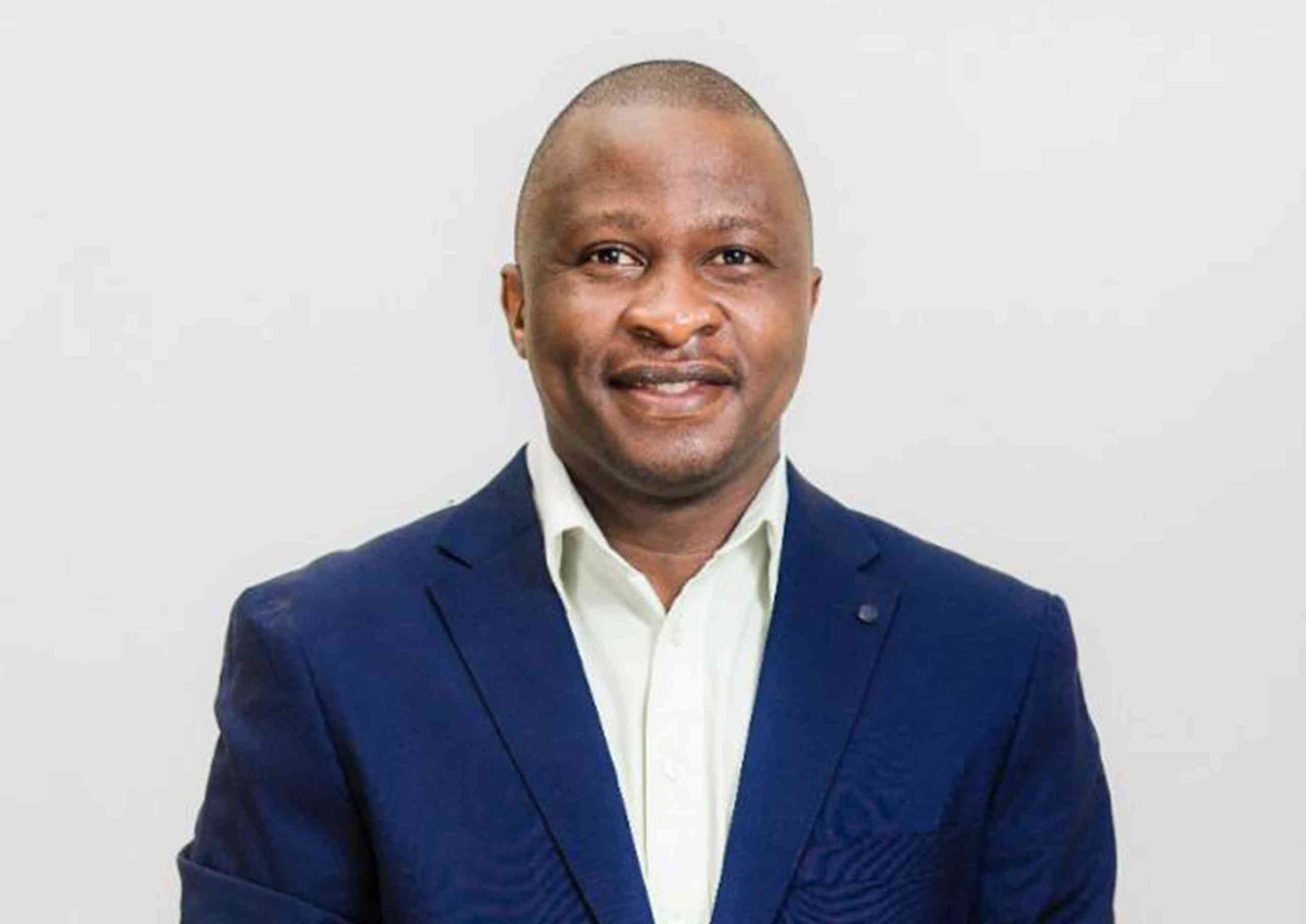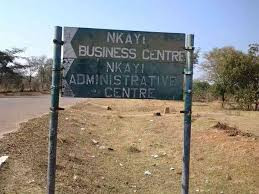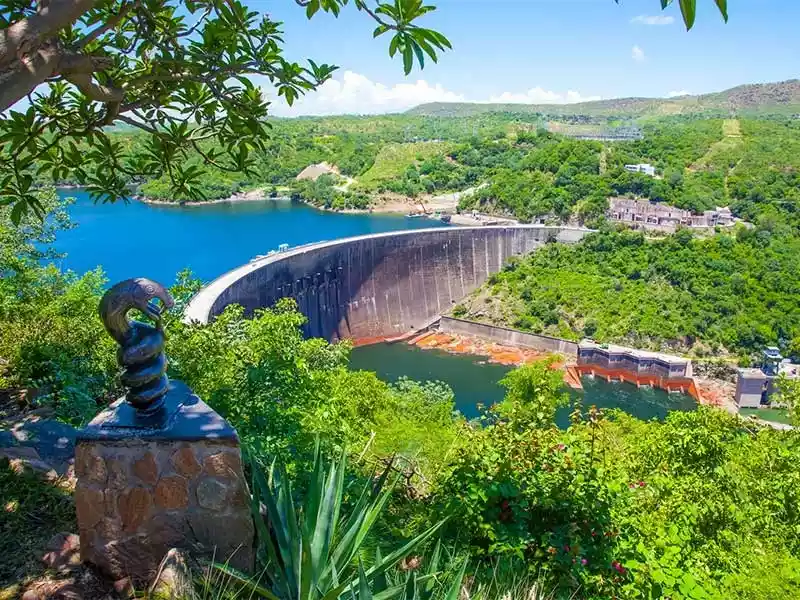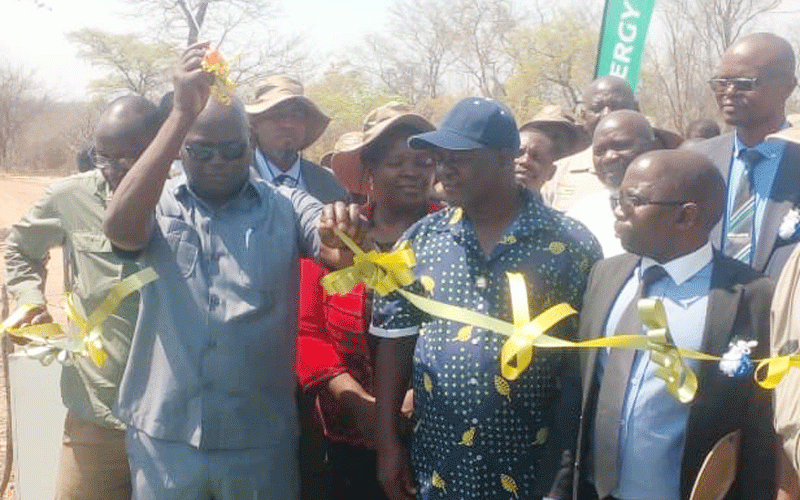
After decades in the dark, Mabobolo villagers in Binga District have finally seen the light — literally.
Electricity now powers their schools, clinic and business centre under a government-funded project that promises to transform lives.
Yet, even as the switch was flipped on Thursday, many challenges still loom, from poor roads and weak communication networks to the slow pace of development across much of rural Zimbabwe.
The Mabobolo Institutions Electrification Project, worth about US$200 000, was commissioned by Energy and Power Development minister July Moyo.
Implemented by the Rural Electrification Fund (REF), the initiative brings power to Mabobolo Primary and Secondary Schools, a local clinic and the nearby business centre — all under the Reformed Church in Zimbabwe (RCZ).
The project was a fulfilment of a promise President Emmerson Mnangagwa made in May 2023 when he visited the area under Chief Dobola.
During that visit, he pledged that his government’s mantra of “leaving no one and no place behind” would extend even to Zimbabwe’s most remote communities.
Two years later, that commitment has materialised — bringing both celebration and calls for more action.
- Power cuts haunt Binga villagers
- Power cuts haunt Binga villagers
- Binga villagers struggle to get Covi-19 vaccines
- Binga villagers struggle to get Covi-19 vaccines
Keep Reading
During the colourful ceremony, villagers and schoolchildren gathered to witness the moment the lights came on for the first time.
Mabobolo Primary School head girl Fairness Mpande summed up the mood through a heartfelt poem.
“This event to us is a day our hopes are restored — the day that bridges the gap between us and the children from the city,” she said drawing applause from the crowd.
“Our dreams were limited by our surroundings, but today nothing can limit us.”
For the first time, learners in Mabobolo can use computers, study under proper lighting and access online materials - a step towards bridging the rural–urban education gap.
But while the electrification project is a major milestone, local leaders warned that other development challenges still hold the community back.
Chief Dobola, in whose area the project was implemented, welcomed the move but said the community continues to struggle with poor infrastructure and a lack of network connectivity.
“This is a testament to the power of change and the impact it can have on the lives of marginalised communities,” he said.
“I want to thank the president for delivering on his promise, but we still need good roads and network boosters.
“When power pole fall, it’s hard for technicians to reach us because of bad roads.
“Our children also deserve access to the internet to truly benefit from this development.”
Moyo said the government remains committed to ensuring equitable access to energy by 2030, in line with Vision 2030 and the National Development Strategy 1 (NDS1).
“By expanding access to electricity and energy in general, we are empowering communities to participate in the digital economy, fostering economic growth and improving the overall quality of life,” he said.
He noted that rural communities had long been left behind in terms of energy infrastructure.
“In the past, electricity was concentrated in urban areas and commercial farms,” Moyo said.
“This imbalance stifled agricultural productivity, innovation and rural entrepreneurship.”
According to the Rural Electrification Fund, more than 11,000 public institutions — including schools, clinics, chiefs’ homesteads and business centres — have been electrified across the country.
Reformed Church in Zimbabwe education secretary Julius Witmos Mutumburanzou said the project would help the church fulfil its mission of holistic community development.
“As a church, we focus on the spiritual, educational and health aspects of a person,” he said.
“We are pleased that electricity has been switched on at our institutions.
“We plan to convert one of our secondary schools into a boarding school and one of our clinics into a mission hospital.
“Science subjects will now be taught at our schools because of this gesture.”
While electricity now illuminates Mabobolo, villagers say the journey toward full development is far from over.
Many still travel long distances for mobile network coverage, and most roads remain impassable during the rainy season.

